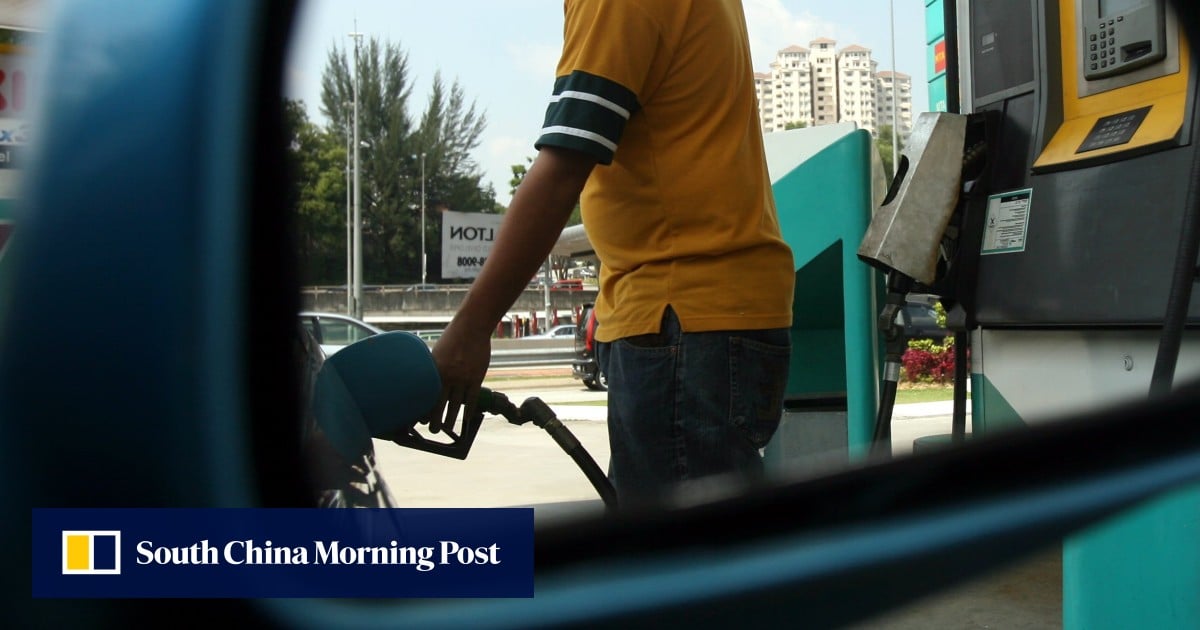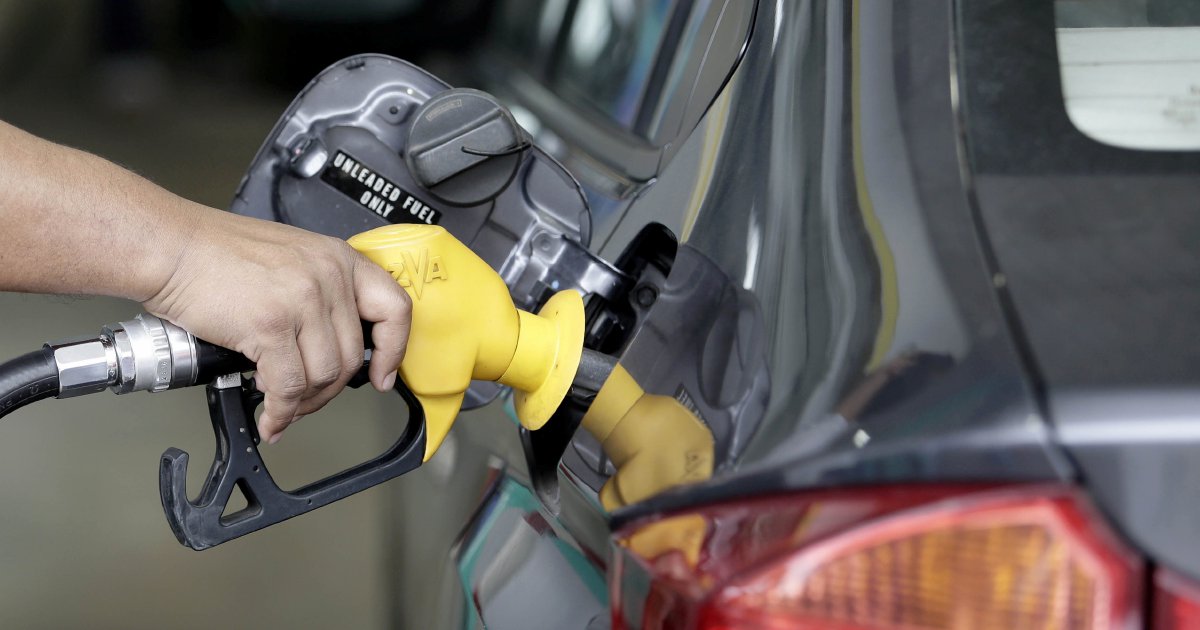



As Malaysia approaches a significant overhaul of its petrol subsidy system, the broader implications for the nation's petroleum economy are becoming increasingly apparent. On September 16, 2024, Malaysia celebrated its 60th anniversary, and just a month later, Prime Minister Anwar Ibrahim presented Budget 2025, outlining a future where petroleum-related revenue is projected to decline from 41.3% in 2009 to just 18.3% by 2025. This decline is expected to impact Petronas' dividends and income tax revenue, which have historically been vital to the country's economy [73ced0b2].
The government plans to roll back subsidies for RON95 petrol by mid-2025, introducing a two-tier pricing system that will require the wealthiest 15% of the population to pay market rates. This move is anticipated to save the government approximately 8 billion ringgit (US$1.9 billion) annually [496d8b51]. However, this shift comes amidst rising concerns about inflation, as fuel price hikes typically lead to increased costs across various sectors, further complicating the economic landscape [496d8b51].
Petronas, Malaysia's state-owned oil and gas company, has contributed over RM1.2 trillion since its inception until 2021, with significant investments in regions like Sabah and Sarawak. The fragmentation of the oil and gas market poses risks to economic health and investment attraction, emphasizing the need for unity among states to support Petronas [73ced0b2].
The recent targeted diesel subsidies have already sparked public dissatisfaction, particularly after diesel prices surged by around 50% in June 2023, impacting transportation costs and leading to warnings from businesses about passing these costs onto consumers [770f1630]. As the government grapples with the complexities of aid distribution, especially given that 60% of the workforce is in the formal sector, the challenge of implementing targeted assistance measures remains [496d8b51].
Moreover, the Malaysian ringgit has shown signs of strength, trading at RM4.3770 against the US dollar, attributed to government efforts and increased foreign investment. Analysts believe that a potential reduction in US interest rates could further bolster the currency [5395d115].
In conclusion, as Malaysia navigates the complexities of its petroleum economy, the government faces the dual challenge of fiscal responsibility and the need for national cohesion. The potential fragmentation of the oil and gas market could threaten economic stability, making unity among states essential for supporting Petronas and ensuring a robust economic future [73ced0b2].